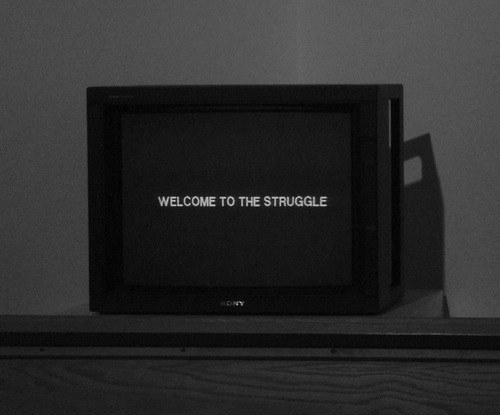Notes on Christian Jambet & the Question of the One
If there is one conviction shared by the majority of contemporary philosophers, this is it: the one is not [l’un n’est pas]. . .Once affirmed, this conviction converts smoothly into various systems of thought, until either every attestation of the […]
Notes on Christian Jambet & the Question of the One









